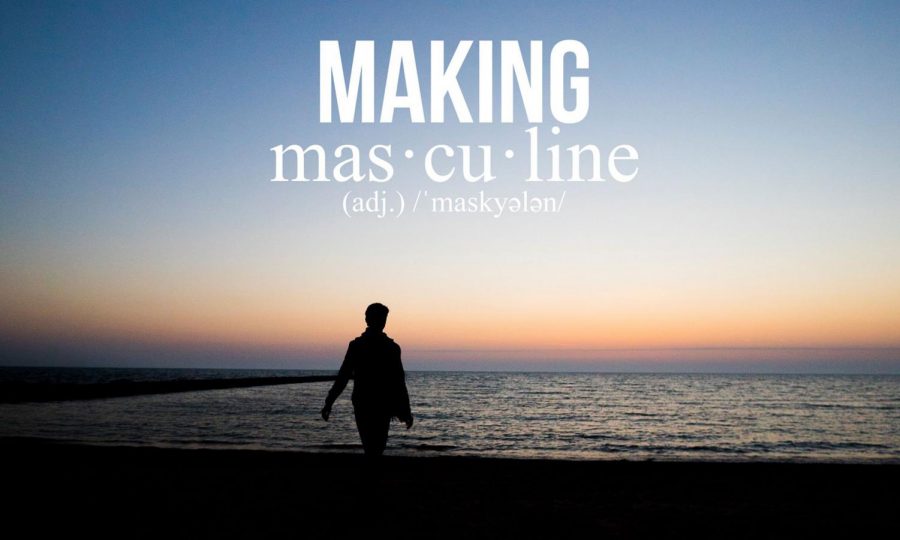OU alum aims to fight femmephobia with new film ‘Making Masculine’
Femmephobia is the fear or hatred of that which can be characterized as feminine. Though it has largely gone unnoticed by much of society, it’s becoming a prominent issue, particularly within the LGBTQIA+ community.
Oakland University alumnus Nicholas Swatz is hoping to fight that issue with his new film, “Making Masculine,” which will be screened at the Women and Gender Studies Film Festival on Saturday, March 9, 2019.
Released in 2018, the 50-minute film is a documentary that focuses on the societal pressures of heteronormativity and issues of femmephobia within gay culture. Swatz himself appears in the film, alongside Chicago-based drag queen Dakota Conduct, Canadian actor Justin Gerhard and clinical psychologist Farah Ali.
“It was so different to talk about it from inside of a divisive community,” Swatz said. “I mainly made it as a giant blanket statement to the LGBTQ community to sit down, listen to one another, empathize with one another and just be nice.”
Swatz graduated from OU in 2016 with a bachelor’s degree in cinema studies. That same year, he started work on “Making Masculine,” enlisting the help of fellow cinema studies graduates Eric Lonczynski and Amber Stankoff as assistant director and post-production supervisor, respectively.
While studying at OU, he had the opportunity to attend the Toronto Film Festival and listen to ‘Empire’ producer Wendy Calhoun speak, which he credits with helping him realize what a great time it is to be a filmmaker.
“I don’t need a Hollywood executive to give me permission to make my film anymore,” Swatz said. “It’s a time where access to equipment is there, access to actors is there, there’s an abundance of writers, and there’s an abundance of stories because people are ready to tell them.”
Telling these stories became the focus of his independent production company, Baby Pomegranate Productions, which he launched after graduating. Though he has released other projects through the company, “Making Masculine” is Swatz’s first feature-length documentary.
The film, he said, was challenging to make, particularly because of the changing political climate. One of the stories told in the film is that of Conduct, who started doing drag as a direct response to President Donald Trump’s administration.
“Things changed, and they changed quick because we thought we were getting to this safe space and this time where we could sort of be ourselves,” Swatz said. “Then the whole election cycle was happening, and it was like the country just got flipped on its head.”
Swatz also shut down production for a month after being verbally assaulted by a Trump supporter on his way to work the day after the 2016 presidential election.
“It shook me to my core,” he said. “And then I thought, ‘You know what? It’s more important now than ever.’”
The film was also difficult to produce because it was funded primarily out of pocket, after Swatz was only able to raise 2.3 percent of its crowdfunding goal. To make matters worse, two of his interview subjects unexpectedly exited the project.
When he was finally able to release the film, it came as a surprise to Swatz, as it ultimately resonated with a different audience than he expected.
“I didn’t make this film specifically for straight audiences,” he said. “But I’m noticing it’s affecting straight audiences, especially straight men, in ways that I never thought that it would. My guess, when I was making the film, of who would be defensive about the subject matter and who would be receptive to it was totally wrong. It’s actually exactly the opposite of what I thought it would be.”
Looking ahead, Swatz promised he already had future projects lined up, but can’t delve into specifics yet. But for the moment, he’s just enjoying the success of “Making Masculine.”
“This is like, the coolest time of my life, because the film is out and I’m seeing its effect on people,” he said.
“Making Masculine” is available to rent or buy on Swatz’s website. For more information about the Women and Gender Studies Film Festival, visit oakland.edu/wgs/film-festival.











